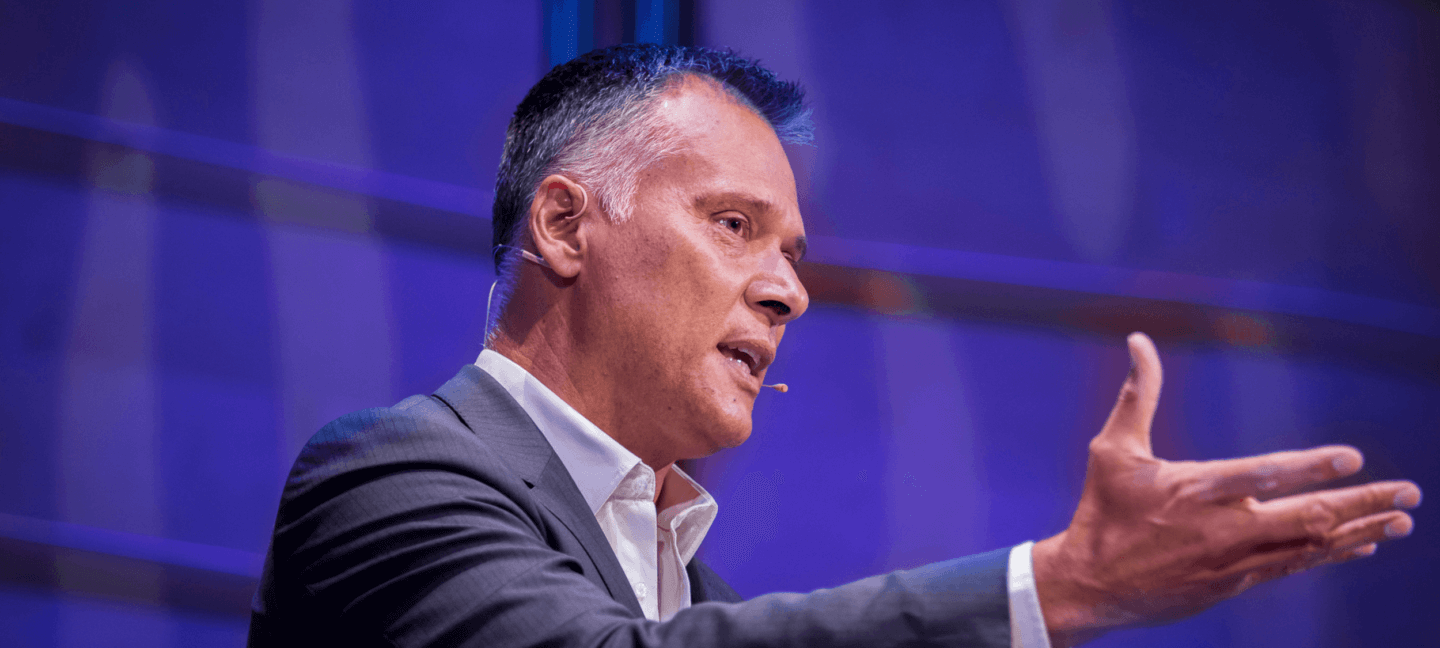
The Australian debate about asylum seekers and refugees
Opinion + AnalysisPolitics + Human Rights
BY Tim Soutphommasane The Ethics Centre 1 SEP 2011
Debate about asylum seekers and refugees, especially when it concerns “boat people”, is often characterised by misrepresentation and hysteria. Amid all of the politics concerning the issue, the ethical dimensions of asylum are not always given their proper attention.
This paper seeks to offer a brief guide to the ethics of asylum and refugees, focusing in particular on four general questions:
- What should be the place of empathy and compassion in our moral reasoning with respect to asylum seekers and refugees?
- To what extent must any ethical account of refugee policy incorporate concerns about practical or political feasibility?
- What is the nature of Australia’s moral obligations to asylum seekers and refugees, and to what extent are these shaped by our understanding of membership?
- Can mandatory detention and offshore processing be ethically justified?
It would be a demonstration of good faith if Australia should increase its intake of refugees under its humanitarian program.
It is argued that empathy should figure in ethical reasoning, that it is irresponsible to adopt an ethical framework without attention to practical feasibility, and that in a liberal democracy, moral obligations are complicated by a value of self-determination.
In policy terms, the paper argues that it is difficult to justify the continuation of mandatory detention, and that onshore processing of asylum seekers who arrive in Australia by boat is the ideal response. Yet the latter would be best achieved with bipartisan political support and as part of a credible, regional solution. By itself, a shift to onshore processing is likely to lead to an increase in the arrival of boats carrying asylum seekers wanting to make it to Australian territory.
In such a scenario, political leaders must educate public opinion about asylum seekers and refugees and avoid politicking over boat people. Where such resolve is missing, a shift to onshore processing may carry the risk of a number of “spillover” effects – in particular, the possible undermining of public acceptance of a substantial, racially non-discriminatory immigration program, and of a multicultural Australian society.
If there is to be offshore processing, as may well be the case, there must be legislated minimum standards for how asylum seekers are treated in any offshore facility, based on relevant human rights standards, with adequate legal protections. It is also important that any durable policy response involves a regional dimension. It is important to ensure Australia bears a larger burden, if there is to be successful cooperation with our regional neighbours, particularly in stemming the arrival of asylum seekers by boat. It would be a demonstration of good faith if Australia should increase its intake of refugees under its humanitarian program.
There is also merit in proposals to establish an independent commission to facilitate informed public debate, and an independent authority to administer Australia’s humanitarian programs. At least until there can be strong bipartisan political leadership on this issue, it may be necessary to seek an institutionalised form of depoliticising this most divisive of issues.
Read Dr Tim Soutphommasane’s introduction to the Ethics of Asylum and Refugees Symposium, held on 30 June 2011.
Ethics in your inbox.
Get the latest inspiration, intelligence, events & more.
By signing up you agree to our privacy policy
You might be interested in…
Opinion + Analysis
Business + Leadership, Politics + Human Rights
Ask the ethicist: If Google paid more tax, would it have more media mates?
Opinion + Analysis
Politics + Human Rights
Power without restraint: juvenile justice in the Northern Territory
Opinion + Analysis
Politics + Human Rights, Society + Culture
What comes after Stan Grant’s speech?
Opinion + Analysis
Politics + Human Rights




